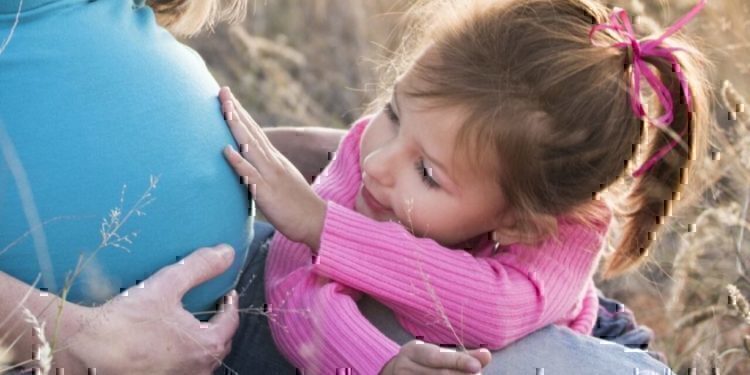HIGHER RISK POPULATIONS (https://www.cdc.gov/coronavirus/2019-ncov/specific-groups/high-risk-complications.html)
28. Who’s at higher risk for getting very sick from COVID_19?
People at higher risk includes:
- Older adults (those 65 years of age or older)
- People with serious chronic medical conditions like: Heart disease, Diabetes, Lung disease, Immune disorders
29. What should I do if I’m at higher risk for getting sick from COVD-19?
If you’re at higher risk for serious illness, it’s extra important you take action to reduce your risk of getting sicker. Most people can recover from COVID-19 at home. Follow the Center for Disease Control and Prevention (CDC) instructions on how to take care of yourself at home (https://www.cdc.gov/coronavirus/2019-ncov/about/steps-when-sick.html)
You should:
- Have drugs and supplies on hand o Call your military or civilian health care team to ask if you need extra prescription drugs in case there is a COVID-19 outbreak in your area and you need to stay home for longer than your prescriptions will last.
- If you are sick and should stay home, think about using the TRICARE mail-order pharmacy program. (Certain rules may apply that you’ll need to follow. See tricare.mil/pharmacy for more information.) You may be able to have an authorized person pick up your drugs from the military or retail pharmacy or get them delivered to your home – call your pharmacy for information. .
- Be sure you have over-the-counter medicines and supplies (tissues, fever-reducing drugs, etc.) on hand to treat fever and other symptoms.
- Have enough household items and groceries on hand so that you can stay at home for a long period of time – as determined your care provider and local guidance
- Take everyday safety measures: o Avoid contact with people who are sick. Stay home as much as possible
- Wash your hands often – with soap and warm water for at least 20 seconds. Wash your hands after blowing your nose, coughing, or sneezing, or being in a public place.
- If soap and water aren’t available, use a hand sanitizer that is at least 60% alcohol.
- o Avoid crowds, especially in poorly ventilated spaces. Don’t shake hands or hug others. Your risk of exposure to respiratory viruses like COVID-19 is higher in crowded, closed-in settings with little air flow if there are people in the crowd who are sick. Use extra caution if you have to go out in public.
- Limit your touching of frequently touched surfaces: elevator buttons, door handles, hand rails.
- Use a tissue or your sleeve to cover your hand or finger if you must touch something.
- Wash or sanitize your hands after touching often-touched public surfaces
- Avoid touching your face, nose, and eyes, much as possible.
- Clean and disinfect your home to remove germs: clean and disinfect frequently touched surfaces (for example: tables, doorknobs, light switches, handles, desks, toilets, faucets, sinks & cell phones).
- If COVID-19 is spreading in your community, take extra steps to distance yourself from other people. Think about ways of getting food to your home, for example, have family, or social and commercial services drop them off.
30. What should I watch for and what are some emergency warning signs?
- Pay attention for COVID-19 symptoms including, fever, cough, and shortness of breath. If you feel like you are developing symptoms, call the MHS Nurse Advice Line or your primary care provider for advice.
- If you start having emergency warning signs for COVID-19 get medical care quickly. In adults, emergency warning signs may be: o Difficulty breathing or shortness of breath
- Constant pain or pressure in the chest
- New confusion or inability to arouse
- Bluish lips or face
31. What should I do if I have any of the emergency warning signs of a COVID-19 infection?
If you start having emergency warning signs for COVID-19 get medical care quickly. In adults, emergency warning signs may be:
- Difficulty breathing or shortness of breath
- Constant pain or pressure in the chest
- New confusion or inability to arouse
- Bluish lips or face
- Stay home and call your provider or local military or civilian clinic or hospital. Let them know about your symptoms.
- If your breathing or chest pains are severe, call 911. Tell them you may have COVID-19. This will help them take care of you and keep other people from getting infected or exposed.
- If you are not sick enough to be hospitalized, you can recover at home. Follow the Center for Disease Control (CDC) instructions on how to take care of yourself at home. (https://www.cdc.gov/coronavirus/2019-ncov/about/steps-when-sick.html)
Page 4 of 4




